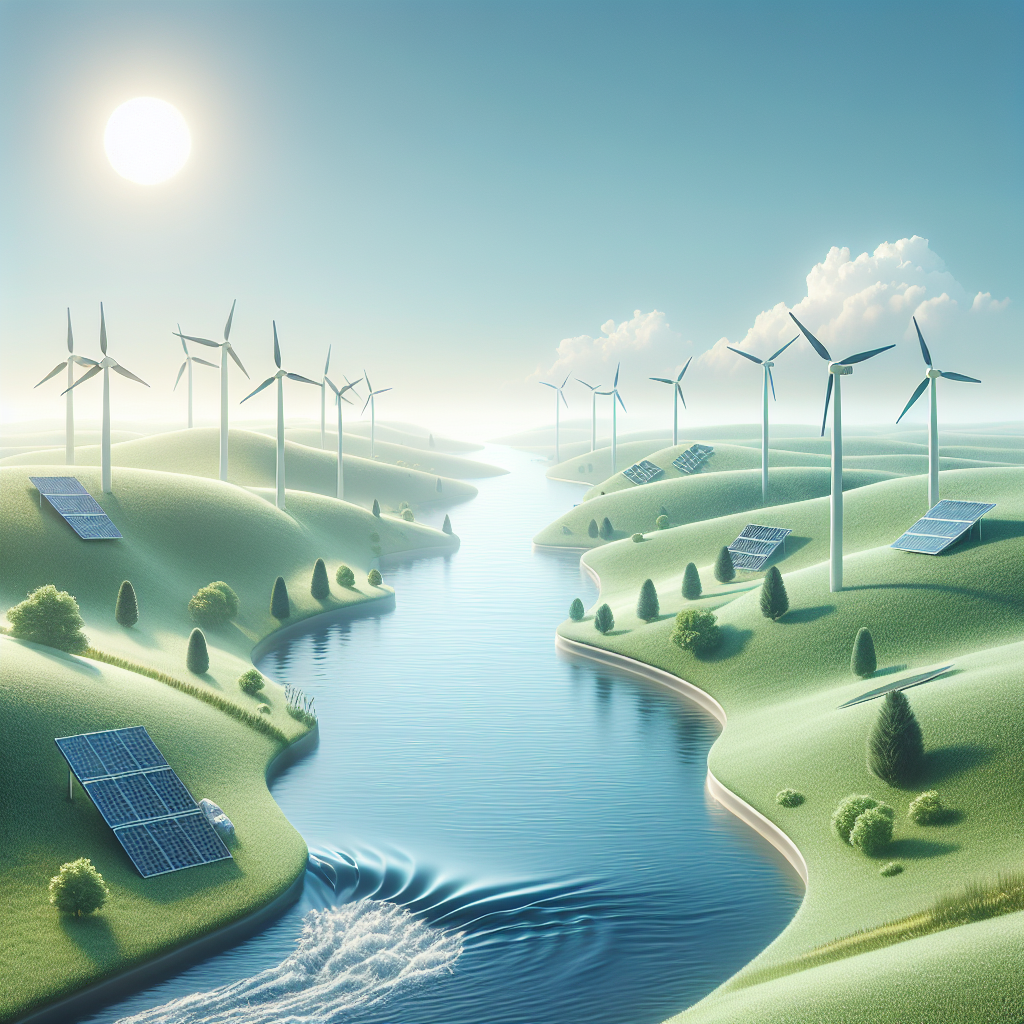EU Grapples with Rising Russian LNG Imports and Energy Shortages
EU energy ministers convened to address increased Russian LNG imports and Ukraine's winter energy shortages. A new initiative seeks to ban Russian LNG imports. Despite previous sanctions, Russian imports remain high, exacerbating EU energy challenges after Nord Stream's destruction and amid varied energy prices across the bloc.

In a crucial meeting held in Luxembourg, EU energy ministers discussed the surge in Russian LNG imports, Ukraine's impending winter energy deficiencies, and the challenge of harmonizing energy prices amongst member states. The meeting comes after a significant increase in Russian imports by Belgium and the Netherlands, despite an EU resolution to phase out Russian fossil fuels post Moscow's 2022 invasion of Ukraine.
The call for more stringent measures is highlighted by France and nine other nations urging the European Commission to enforce stricter reporting on Russian LNG. Meanwhile, Belgium seeks enhanced tracking of LNG imports, indicative of Europe's ongoing struggle with energy security following the Nord Stream pipeline explosion.
Efforts to assist Ukraine through its winter energy crisis are underway, with EU nations examining methods to counteract a forecasted shortfall of six gigawatts in Ukraine's electric supply. Additionally, the ministers will deliberate over Mario Draghi's competitiveness report to align on a Clean Industrial Deal amid persistently variable gas and power prices across Europe.
(With inputs from agencies.)










